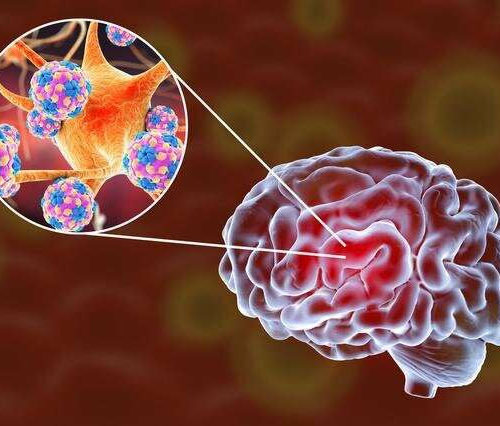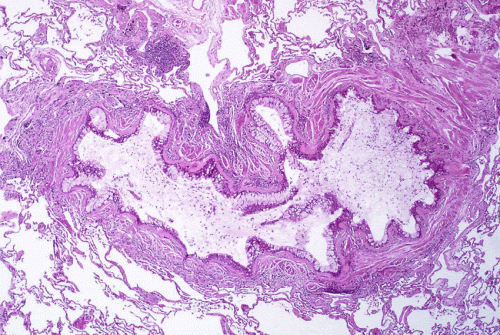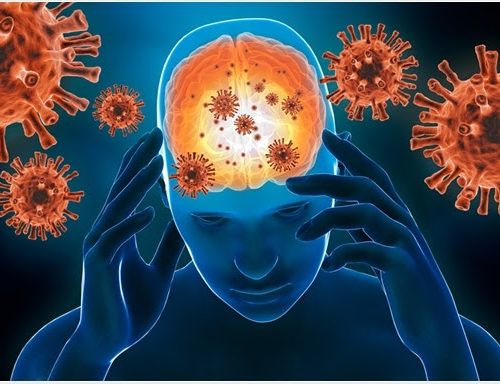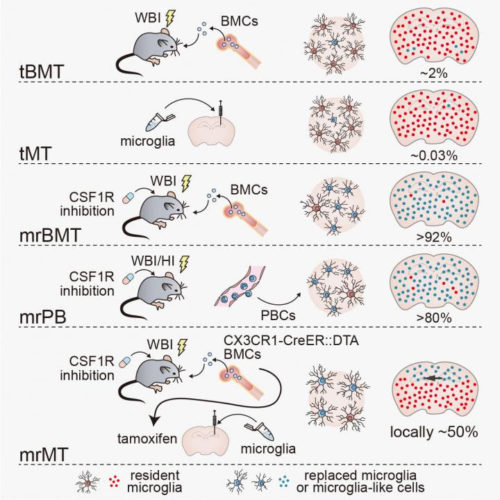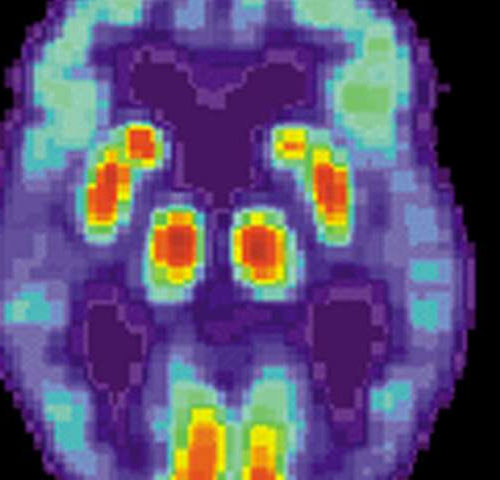by Li Yuan, Chinese Academy of Sciences SARS-CoV-2 can infect human neural progenitor cells and brain organoids, as shown by researchers from the Shenzhen Institutes of Advanced Technology (SIAT) of the Chinese Academy of Sciences and their collaborators from The University of Hong Kong (HKU). Their study was published in Cell Research on August 4....
Tag: <span>Nervous System</span>
Breakthrough in using stem cells to treat enteric nervous system disorders
by University of Sheffield Scientists have made a breakthrough in understanding how the enteric nervous system forms, which could pave the way for new treatments for neurodegenerative diseases such as Parkinson’s. The findings, published in the journal Stem Cell Reports, pave the way for using stem cells to understand and treat a range of diseases...
New class of drugs reverses symptoms of asthma in animal models
by Ali Howard, University of Glasgow An international team of scientists, led by the University of Glasgow, has announced findings that could pave the way to a new treatment for asthma and chronic obstructive pulmonary disease (COPD). The breakthrough findings, published today in Science Translational Medicine, identify a new class of drugs that reverse the...
Diagnosis and Treatment of Encephalitis
By Benedette Cuffari, M.Sc. Reviewed by Emily Henderson, B.Sc. By definition, encephalitis is the inflammation of the brain. The causes of infectious encephalitis can be viral, bacterial, fungal, protozoal, or helminthic; however, about 70% of encephalitis cases are viral in etiology. Types of encephalitis Encephalitis can be characterized as either primary or secondary. Whereas primary...
Scientists replace malfunctioning ‘vacuum cleaner’ cells linked to neurological disorders
FUDAN UNIVERSITY SCIENTISTS FROM FUDAN UNIVERSITY DEVELOPED NOVEL STRATEGIES ACHIEVING ALLOGENEIC MICROGLIA REPLACEMENT IN THE CENTRAL NERVOUS SYSTEM. view more CREDIT: IMAGE CREDIT: XU ET AL, 2020, CELL REPORTS Researchers at Fudan University in Shanghai, China have developed three different techniques that successfully replace almost all malfunctioning microglia – each technique with its own advantage...
Should you really be behind the wheel after concussion?
AMERICAN ACADEMY OF NEUROLOGY MINNEAPOLIS – Even after all of their symptoms are gone, people who have had a concussion take longer to regain complex reaction times, the kind you need in most real-life driving situations on the road, according to a preliminary study released today that will be presented at the American Academy of...
Antioxidant cocktail key to preventing Alzheimer’s
Research from The University of Western Australia has found a diet rich in nutrients and antioxidants may prevent or even reverse the effects of Alzheimer’s disease. The study, published in Open Biology, found taking a combination of antioxidants at increasing doses was more beneficial at preventing the debilitating disease than any other treatment currently available....
Rely on gut feeling? New research identifies how second brain in gut communicates
by Flinders University You’re faced with a big decision so your second brain provides what’s normally referred to as “gut instinct,” but how did this sensation reach you before it was too late? The enteric nervous system (ENS) is an extensive network of neurons and transmitters wrapped in and around the human gut with the...
Dual role discovered for molecule involved in autoimmune eye disease
IL-17, known for driving inflammation, also puts on the brakes, NIH scientists report NIH/NATIONAL EYE INSTITUTE AFTER ACTIVATION THROUGH ITS T-CELL RECEPTOR, TH17 CELLS PRODUCE IL-17A, WHICH BINDS TO ITS OWN RECEPTOR ON THE TH17 CELL. THIS ACTIVATES THE NFΚB PATHWAY. NFΚB DRIVES PRODUCTION OF IL-24,… view more CREDIT: RACHEL CASPI, PH.D. (NEI) The inflammatory...
Abnormal proteins in the gut could contribute to the development of Alzheimer’s disease
by The Physiological Society A new study published in the Journal of Physiology has shown that misfolded protein build-up in the gut could contribute to the development of Alzheimer’s-like symptoms in mice. This could suggest a new treatment approach for Alzheimer’s disease that would target the gut before symptoms of cognitive deficits appear in patients....

